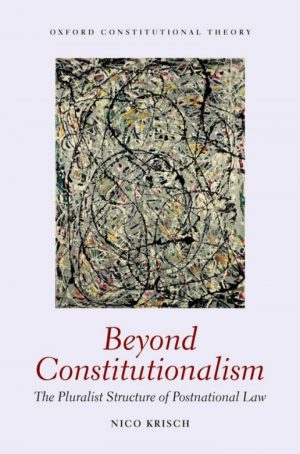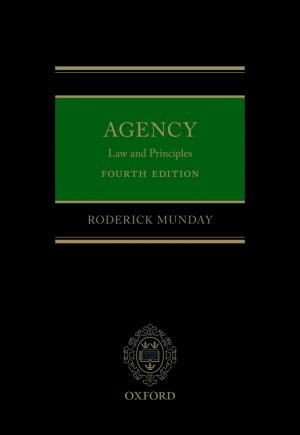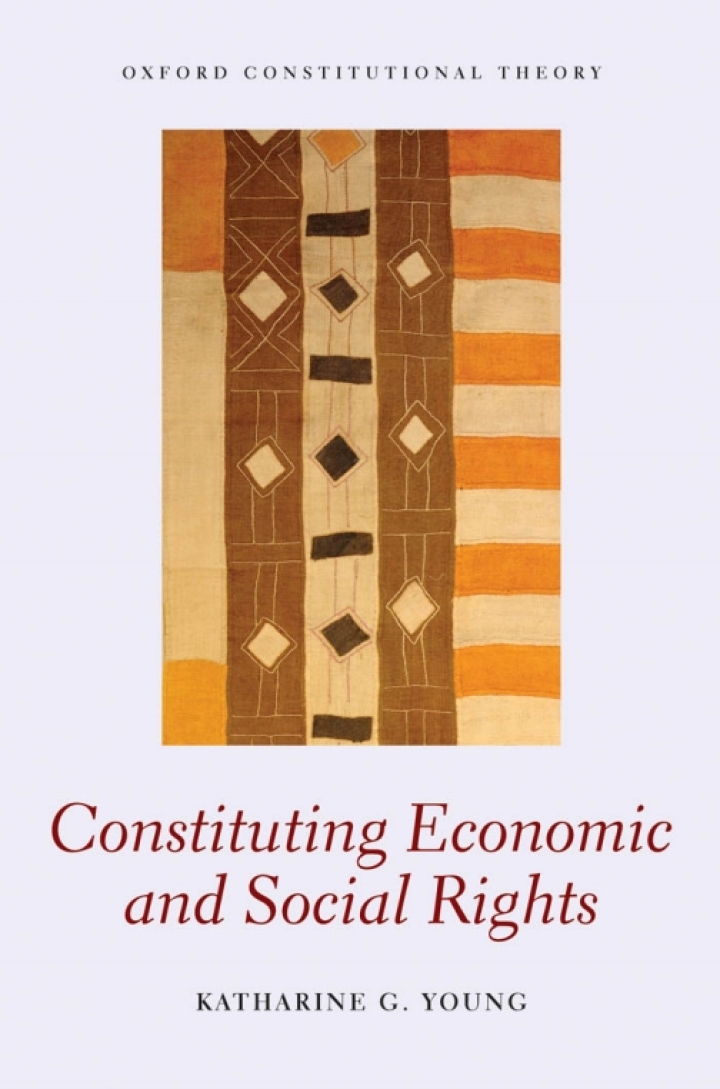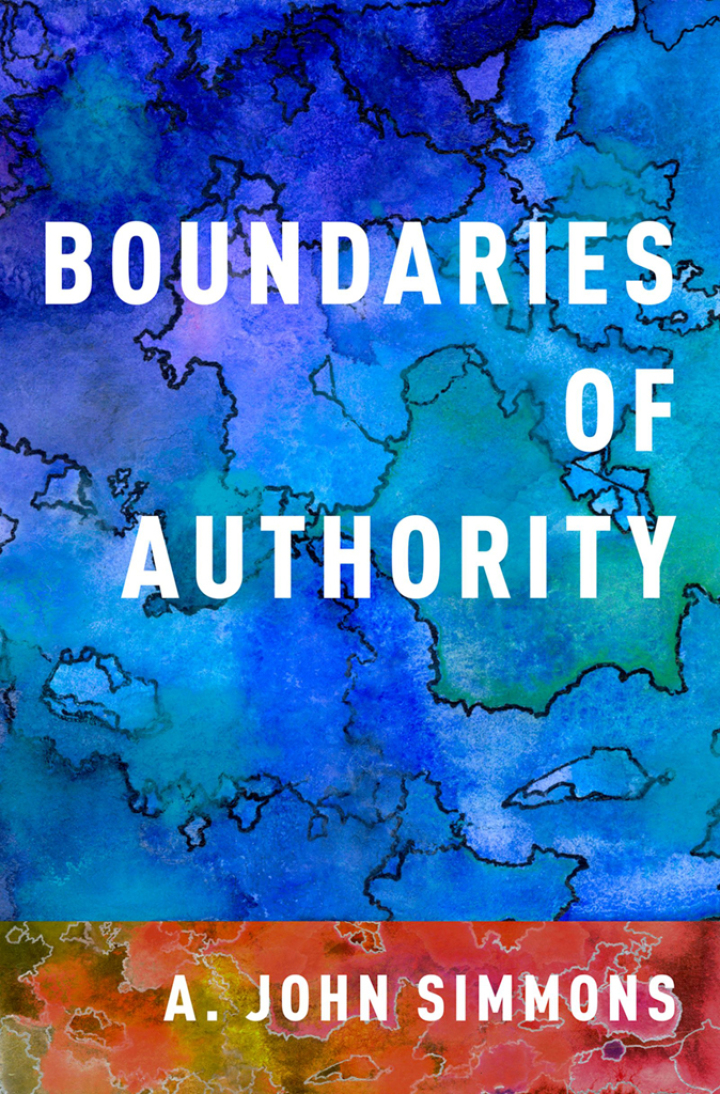“Constituting Economic and Social Rights” has been added to your cart. Continue shopping
Boundaries of Authority
$42.25
Attention: This is just ebook, Access Codes or any other Supplements excluded! / File Delivery: Sent Via Email within 24 hours!
SKU: 903f939b35df
Category: Law Textbooks
Description
-
Author(s)A. John Simmons
-
PublisherOxford University Press
-
FormatPDF
-
Print ISBN
9780190603489, 0190603488 -
eText ISBN
9780190603489, 0190603488 -
Edition
-
Copyright
- Details
Modern states claim rights of jurisdiction and control over particular geographical areas and their associated natural resources. Boundaries of Authority explores the possible moral bases for such territorial claims by states, in the process arguing that many of these territorial claims in fact lack any moral justification. The book maintains throughout that the requirement of states’ justified authority over persons has normative priority over, and as a result severely restricts, the kinds of territorial rights that states can justifiably claim, and it argues that the mere effective administration of justice within a geographical area is insufficient to ground moral authority over residents of that area. The book argues that only a theory of territorial rights that takes seriously the morality of the actual history of states’ acquisitions of power over land and the land’s residents can adequately explain the nature and extent of states’ moral rights over particular territories. Part I of the book examines the interconnections between states’ claimed rights of authority over particular sets of subject persons and states’ claimed authority to control particular territories. It contains an extended critique of the dominant “Kantian functionalist” approach to such issues. Part II organizes, explains, and criticizes the full range of extant theories of states’ territorial rights, arguing that a little-appreciated Lockean approach to territorial rights is in fact far better able to meet the principal desiderata for such theories. Where the first two parts of the book concern primarily states’ claims to jurisdiction over territories, Part III of the book looks closely at the more property-like territorial rights that states claim – in particular, their claimed rights to control over the natural resources on and beneath their territories and their claimed rights to control and restrict movement across (including immigration over) their territorial borders.
Related products
-

Atrocity Speech Law Foundation, Fragmentation, Fruition
Rated 0 out of 5$43.88 Add to cart -

A Measure of Freedom
Rated 0 out of 5$29.25 Add to cart -

BEYOND CONSTITUTIONALISM OCON C The Pluralist Structure of Postnational Law
Rated 0 out of 5$22.10 Add to cart -

Agency 4th Edition Law and Principles
Rated 0 out of 5$53.62 Add to cart


